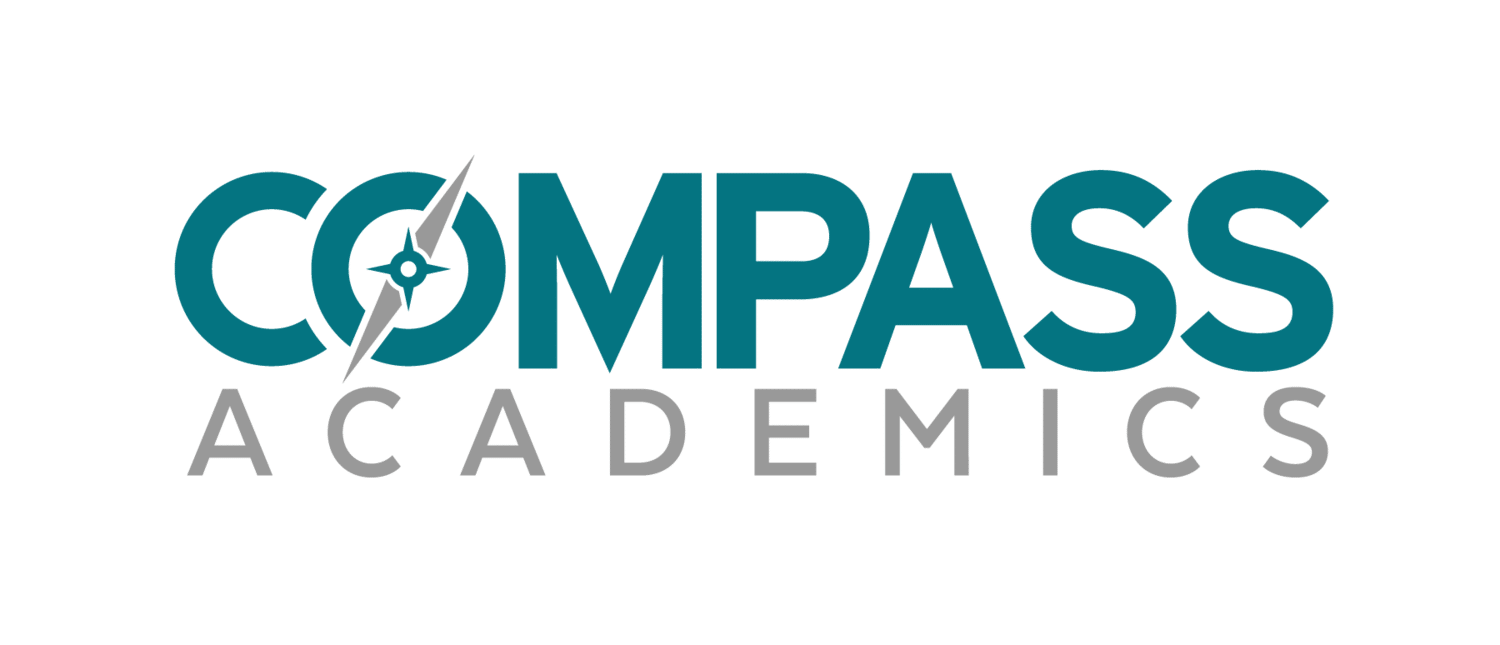Does the traditional semester course load of six classes seem overwhelming? Some students can find it difficult to sustain both attention and enthusiasm when they are pulled in many different academic directions at the same time. If a student struggles with maintaining focus, desires the opportunity for deeper exploration, or requires a more flexible schedule, they should consider a college with a “block scheduling” model.
Block scheduling is an academic scheduling model used by some colleges and universities where students typically take 3-4 classes at a time, rather than the more traditional 5-6 concurrent classes. In a block schedule, each class meets for longer periods of time (e.g. 1.5-2 hours) a few times per week, instead of shorter periods every day, and the benefits include: more focused attention on fewer subjects, a reduction in the cognitive load required to switch between many different classes, more intentional time for hands-on learning and projects, and the potential for flexible scheduling. For example, Colorado College has students take one course at a time for 3.5 weeks.
Here is a list of some American colleges that use block scheduling:
• Colorado College
• Cornell College (Iowa)
• Hendrix College
• Kalamazoo College
• Marietta College
• Oglethorpe University
• Transylvania University
• Warren Wilson College
• Wheaton College (Illinois)
• Willamette University
• Bennington College
• Alverno College
• Olin College of Engineering
Block scheduling can positively impact student performance and result in more meaningful engagement between students and professors. Building these relationships can help with networking when it comes time for a job search. Deep diving into course material offers more opportunities for experiential and hands-on, project-based learning, too. Students in an “Environmental Geology” block might spend multiple days in the field conducting research and experiments, students in an “Engineering” block would have significant time to focus on their projects to include prototyping, testing, and presenting solutions, and students in a “Business and Marketing” block would have time to partner with local business to develop and implement strategic marketing campaigns. This immersive approach can result in a more robust resume upon graduation.
The block schedule model might not be the best fit for students who thrive on variety and enjoy frequent transitions. Some students are more energized by shorter classes. Students who have difficulty with long-term planning and self-scheduling might find the project-based learning model more challenging. It’s important to take inventory of personal preferences, strengths, and challenges before committing to a block schedule curriculum.




0 Comments